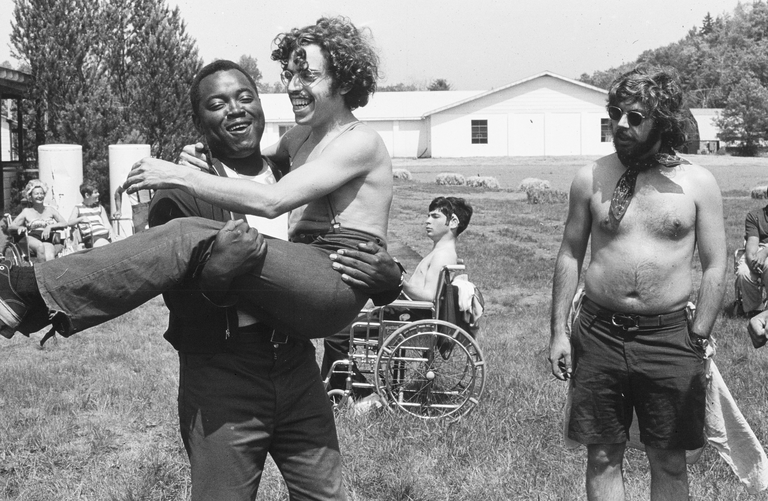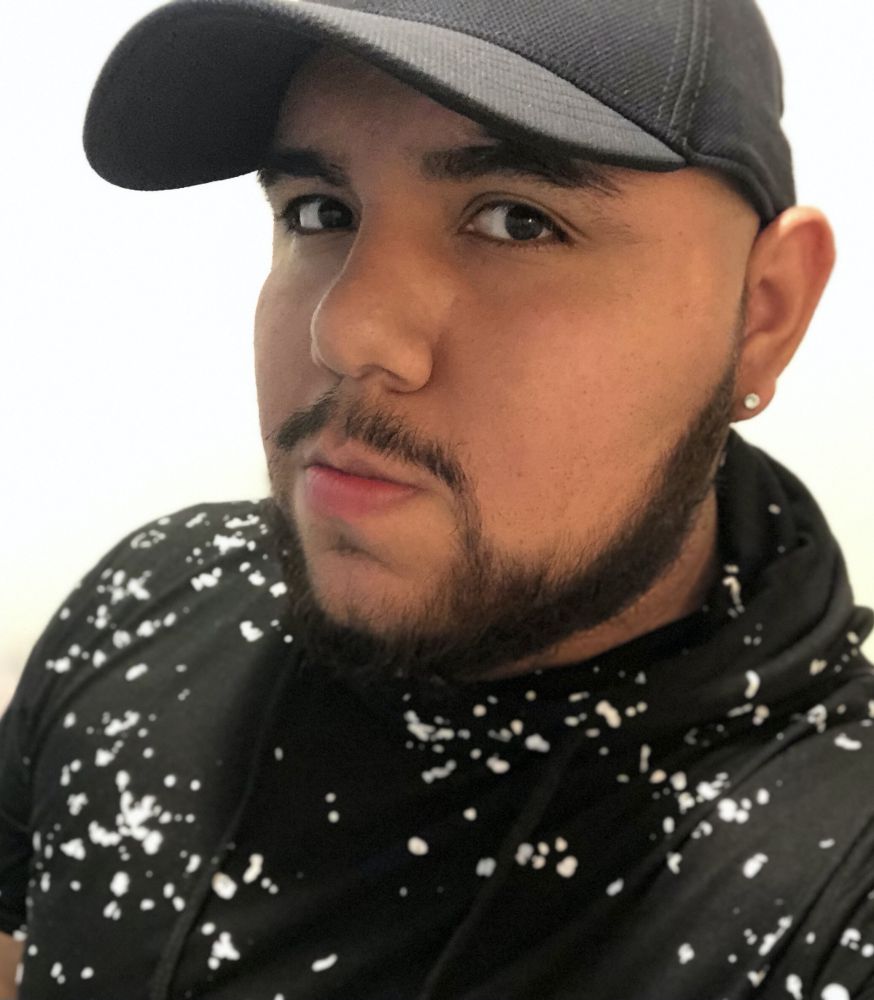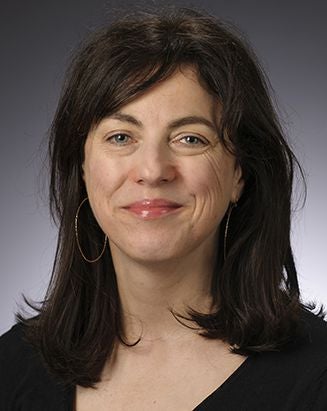
Access and Equality



The struggle for equal access for the disabled in this country was long and filled with stairs and curbs. An emotional turning point for many in the 1960s and ’70s was Camp Jened, a freewheeling place in the Catskill Mountains of New York where teens with disabilities got to enjoy an inclusive life of parties, sports, smoking and making out for the first time. Inspired by the experience, a number of campers went on to become activists for disabled equality.
The remarkable story of Camp Jened is told in “Crip Camp: A Disability Revolution,” a documentary that premiered at the 2020 Sundance Film Festival and won the Audience Award. To mark National Disability Employment Awareness Month and the 30th anniversary of the passage of the Americans with Disabilities Act, UC Santa Barbara’s Carsey-Wolf Center (CWC) and UCSB Library will host a virtual discussion with the directors of the film Tuesday, Oct. 20, at 7 p.m.
In addition, the UCSB Library, the CWC and the Disabled Students Program will host “Disability Culture and Activism: UCSB and Beyond” Wednesday, Oct. 21, at 2 p.m. on Zoom. Students from the 2020 Disability Aesthetics course will discuss their class project, an exhibition created from archival materials from the library’s Special Research Collections.
Hannah Garibaldi, a Ph.D. student in UCSB’s Department of Film and Media Studies who will moderate the “Crip Camp” discussion with directors James LeBrecht and Nicole Newnham, called the documentary “a powerful film on all counts — all of which advance the goals of the Disability Rights Movement.”
“First, the film focuses on the people who actually took part in Camp Jened and those who participated in the 1970s protests, letting them tell their own story,” Garibaldi said. “This has the effect of grounding the history of disability advocacy in the voices of the people who actually participated in its cause. At every turn, the film highlights their names, their thoughts and their perspectives — allowing for a much more nuanced and holistic understanding of the period under study and disability more generally. The film is not just informative, it is personal.”
Indeed, co-director LeBrecht, who was born with spina bifida, attended Camp Jened before moving to California to attend UC San Diego. He later moved to Berkeley and was active in the Disability Rights Movement.
Those experiences lent LeBrecht the ability to give “Crip Camp” a thoughtful realism that avoids stereotypes and condescension, Garibaldi said.
“I am excited to hear about how Jim Lebrecht and Nicole Newnham tackled the issue of representation, particularly as they worked to illuminate and confront various stereotypes surrounding disability,” she said. “There is a long and problematic history of depicting disability on the silver screen, but these directors were very careful and thoughtful in their choices. To that end, I am also interested to hear more about where Lebrecht and Newnham think we are today — with regards to disability rights and in terms of disability representations in media.”
“Crip Camp” is available on Netflix.
Exhibition Discussion
Benjamin Montiel, a fifth-year English major, will be one of four students in Jesse Miller’s Disability Aesthetics class who will speak about their project and share an archival document or photo from the “Disability Culture in the UCSB Archives” exhibition the day after the “Crip Camp” discussion.
Montiel’s project focused on Access Theatre of Santa Barbara from 1979 to 1996. Led by Rod Lathim, the group pioneered such services as open captioning, sign language interpretation during performances and more.
“After browsing through Access Theatre artifacts in the Library’s Special Research Collections,” he said, “my group and I decided to provide an overview of the Disability Rights Movement, which started in the ’60s and was a global push for equal rights and opportunities for people situated at various levels of the disability spectrum. This push led to many of the accommodation and human rights laws that are in place today, such as the Architectural Barriers Act of 1968, and the Rehabilitation Act of 1973.”
Alex Regan, events and exhibitions librarian at the Library, said that although the class project was initially to research disability culture at UCSB only, the project expanded to include the larger Santa Barbara community.
“Therefore we are thrilled that Rod Lathim of Access Theatre will take part in Wednesday’s event and respond to questions from students,” she said. “There will be closed captioning and ASL interpretation at the event. We hope that during the Q&A period UCSB students who are part of the disabled community will share their experience of what it is like to be a disabled student at UCSB.”



